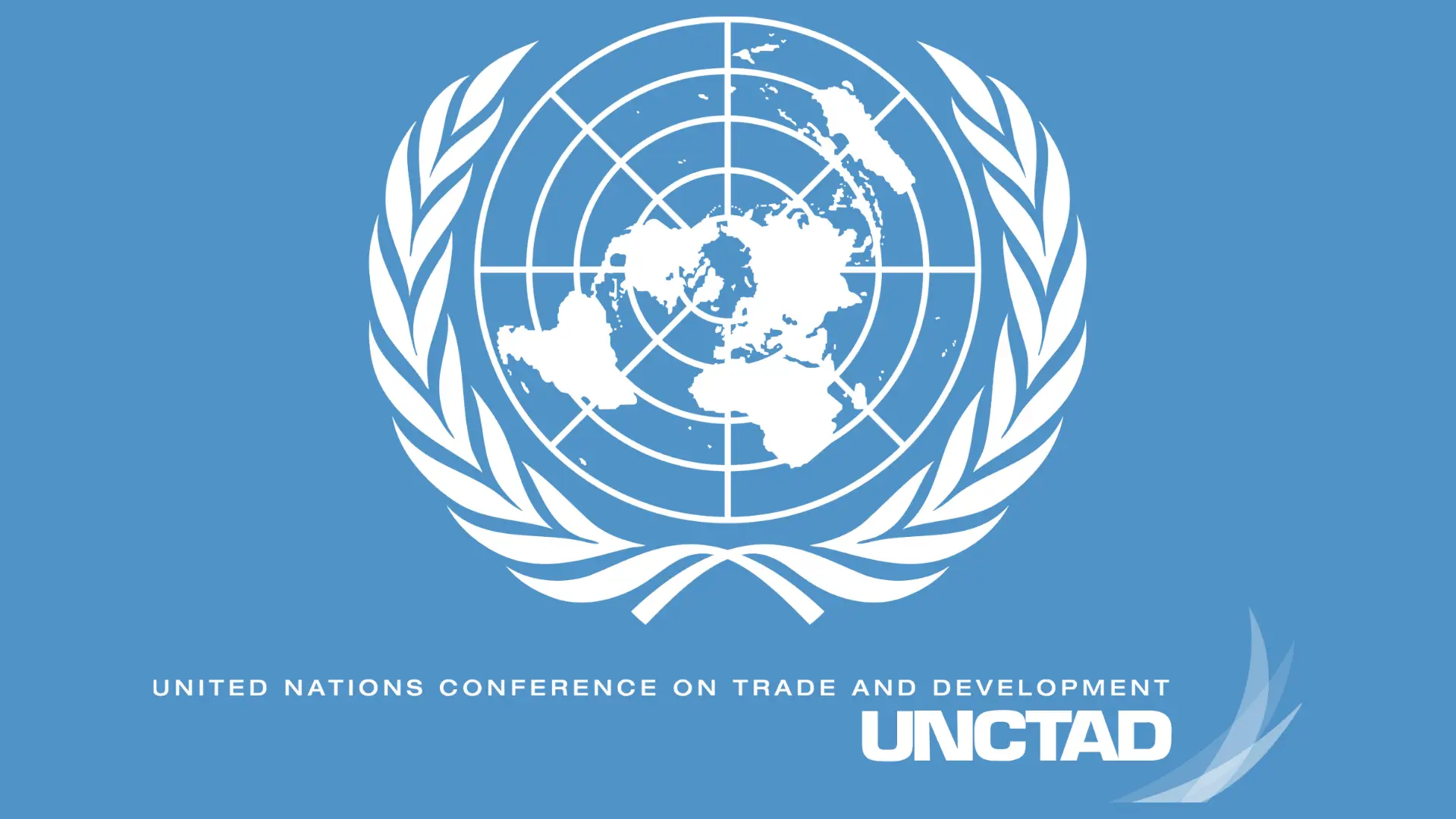The United Nations Conference on Trade and Development (UNCTAD) is yet again to set new timelines, and this time for the women empowerment in cross border trade. This move focusses on helping the member countries to understand the cross-border trade irrespective of gender biases. The new move also aims at conducting gender impact analysis and the implementation of gender-sensitive trade policies.
Women engaging in informal cross-trade are often succumbed to facing undesirable challenges that make them susceptible to harassment, violence, high fines and even confiscation of their merchandise if caught by border authorities. Due to the lack of information about trade and custom rules, businesses of women traders remain at the subsistence level, leaving them unable to make substantial profits from their businesses.
To overcome these challenges faced by the women traders, UNCTAD has come up with this new initiative under the name, “Borderline,” which will be implemented in 6 border districts across Tanzania, Malawi, and Zambia. Under this program, a total of 150 women were scheduled to be trained by UNCTAD on how to conduct business in the desired way, abiding all the rules of trade. The program consisted of 2 sessions, the first one was the 1-day border training session and the other one was the 5-day border training session. The first workshop was held on November 11, at Nakonde/Tunduma border between Zambia and Tanzania and the next one took place at Kyela (Tanzania), Karonga (Malawi) and Chipata (Zambia). One of the traders from Zambia, in praise of the training session, commented,
This training is very helpful. We now know more about cross-border trade issues and will be crossing the border with courage and confidence.
The assistant commissioner at the Zambia Revenue Office, Davis Mwanza, said,
The workshops emphasized the importance of continuous dialogue between informal traders and border officials. Informal traders should look at us as partners.
In fact, if this program is supported, it will generate significant rural income and can ever catalyze value chain creation in rural areas. This will, in turn, lower rural unemployment and provide women empowerment in all sectors of cross border trade. By leveraging this informal cross border trade for women empowerment, this project is expected to overcome the greatest challenge that the world is facing right now.
